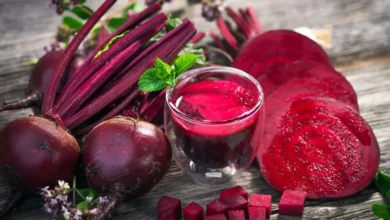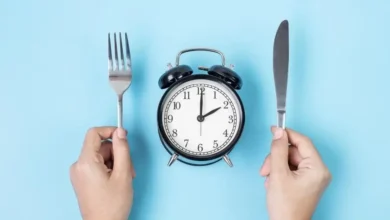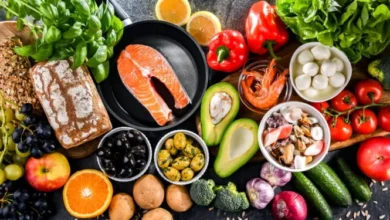What to Eat Before and After a Workout
Fueling your body correctly before and after exercise is just as important as the workout itself. Whether you’re training for strength, endurance, or general fitness, your nutrition choices can directly impact your performance, energy levels, and recovery.
Food is fuel. The right nutrition helps boost energy and stamina during your workout, prevent muscle breakdown, improve performance, speed up muscle repair and growth, and replenish lost nutrients and fluids.
What to Eat Before a Workout
You should aim to eat 1 to 3 hours before your workout, depending on how your body handles digestion. If you only have 30 minutes, opt for a small, easily digestible snack.
Before your workout, your goal is to provide energy, prevent fatigue, and support performance. Focus on consuming carbohydrates for fuel, a bit of protein to protect your muscles, and keep fats light to avoid slowing down digestion.
Great pre-workout meals (1–3 hours before) include oatmeal with banana and almond butter, brown rice with chicken and veggies, whole grain toast with peanut butter and banana, Greek yogurt with berries, or a smoothie with fruit, protein powder, and oats.
If you’re closer to your workout (30–60 minutes), try quicker options like a banana with peanut butter, a handful of trail mix, an energy bar with balanced macros, yogurt with fruit, or whole grain crackers with hummus.
Avoid heavy, greasy foods or anything too high in fiber right before exercise as they may cause discomfort or sluggishness.
What to Eat After a Workout
Your body is primed for recovery right after your workout. Ideally, eat within 30 to 60 minutes after exercising.
Your goal post-workout is to rebuild muscles, restore glycogen stores, and rehydrate. Focus on protein to repair muscle, carbs to replenish energy, and fluids with electrolytes to support recovery.
Balanced post-workout meals could include grilled chicken with quinoa and roasted veggies, salmon with sweet potatoes and broccoli, a turkey sandwich on whole grain bread with avocado, or a brown rice stir-fry with tofu and greens.
If you’re not ready for a full meal, try lighter options like a smoothie with banana and protein powder, chocolate milk, hard-boiled eggs with whole grain toast, Greek yogurt with honey and berries, or cottage cheese with pineapple.
Hydration is essential too. Water works for most people, but if you’ve had an intense or sweaty session, consider drinks with electrolytes like coconut water or low-sugar sports drinks. Listen to your body—if you feel tired, have dark urine, or experience muscle cramps, you likely need more fluids.
Tailor Your Nutrition to Your Goals
If you’re working out for weight loss, stick to nutrient-dense foods and avoid overeating post-workout. Focus on lean proteins, fiber-rich carbs, and healthy fats.
If you’re building muscle, boost your post-workout protein to about 20–30 grams and combine with complex carbs to support recovery and growth.
If you’re training for endurance, prioritize carbohydrates before and after long workouts and still include enough protein to protect muscle tissue.
Tips to Stay on Track
Prepare your meals and snacks in advance to avoid grabbing unhealthy food when hunger hits. If you tend to feel lightheaded or weak, don’t exercise on an empty stomach—have a small snack instead.
Listen to your body. Everyone digests and responds differently to food. Keep it simple and aim for a balance of carbs and protein around your workouts to get the best results.
Final Thoughts
Exercise breaks your body down—smart nutrition builds it back up. With thoughtful planning, you can fuel your workouts and support your recovery consistently. It doesn’t have to be complicated. Focus on balanced, whole foods and stay hydrated. The more consistent your routine, the more progress you’ll see—in performance, recovery, and overall health.

Hello! My name is Alan Teixeira and I am passionate about helping people live healthier, more balanced lives. From mindful eating to daily habits that promote physical and mental well-being, I believe that small, consistent changes can lead to powerful transformations.
I created this blog to share practical tips, reliable information, and thoughtful insights that can inspire you to take better care of yourself—with balance, mindfulness, and positivity.
If you are looking to improve your health, nourish your body, and build a lighter, more fulfilling routine, you are in the right place. Welcome!





